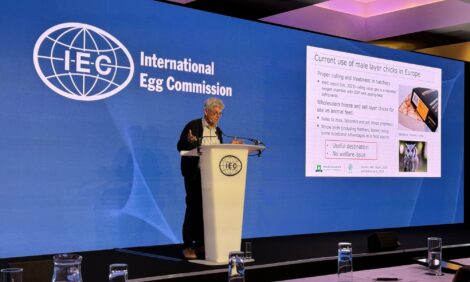



Backyard Flock Tip: Bio-Security and Beyond
By Nicholas M. Dale, Extension Poultry Scientist, University of Georgia, Cooperative Extension ServiceMany people interested in keeping chickens, either as pets or for production of meat and eggs, have not had previous experience with poultry. Several considerations might be made at the outset so that the backyard producer can provide the facilities necessary for successful poultry rearing.
A major difference between backyard flocks and large commercial flocks of broilers and layers is the matter of confinement. Large flocks most always spend 100% of their time in an enclosed shelter, have no contact with wild birds, are protected from predators, and have restricted access to human traffic. Even so, such flocks are occasionally subject to diseases and other threats.
By contrast, the backyard flock is constantly exposed to numerous potential threats. The subject of bio-security deserves a great deal of attention. The more we can limit the exposure of our backyard flock to other birds, be they wild or domestic, or friends and neighbors who have chickens of their own, the more likely our flock will remain disease free. While it may not be “neighborly” to restrict access to areas to where we keep the backyard flock, this is undoubtedly a very sound policy to follow. If our flock is given access to the outdoors, and most backyard flocks are, the question of wild birds and rodents must be addressed. Perhaps the single most effective means of reducing contact is to take care with the feeder. If wild birds or rodents know they can have access to spilled food, the pen might become almost as popular as the wild bird feeder on the back porch. The spread of diseases is greatly increased by frequent wild animal traffic.
It would be a mistake to restrict our concern about flock security to diseases. One of the most dis-heartening experiences for a backyard flock owner is when a neighbor’s dog gets into the chicken pen and kills a number of one’s favorite birds. Thus, the maintenance of a protective fence should be an essential component of all facilities for backyard flocks. Large commercial flocks are protected from extreme temperatures by heating, cooling, and ventilation systems. We must recall that our chickens will almost certainly not have this degree of protection. Thus, we must be certain that adequate shade is provided, as well as refuge from wind, sun, and inclement weather.
By taking these considerations into account when first planning facilities for a backyard flock, we are much more likely to provide the conditions our chickens need for healthy and productive lives.
July 2007








